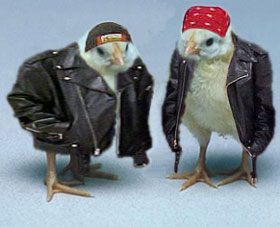When the wonderful public domain music website FreePD.com finished its redesign, this song went missing on “Page 2” and it’s one of my favorite public domain songs. Links to it are getting hard to find, so I’ve uploaded it here. Right-click the link to download the song, or click the link to listen in your browser.
